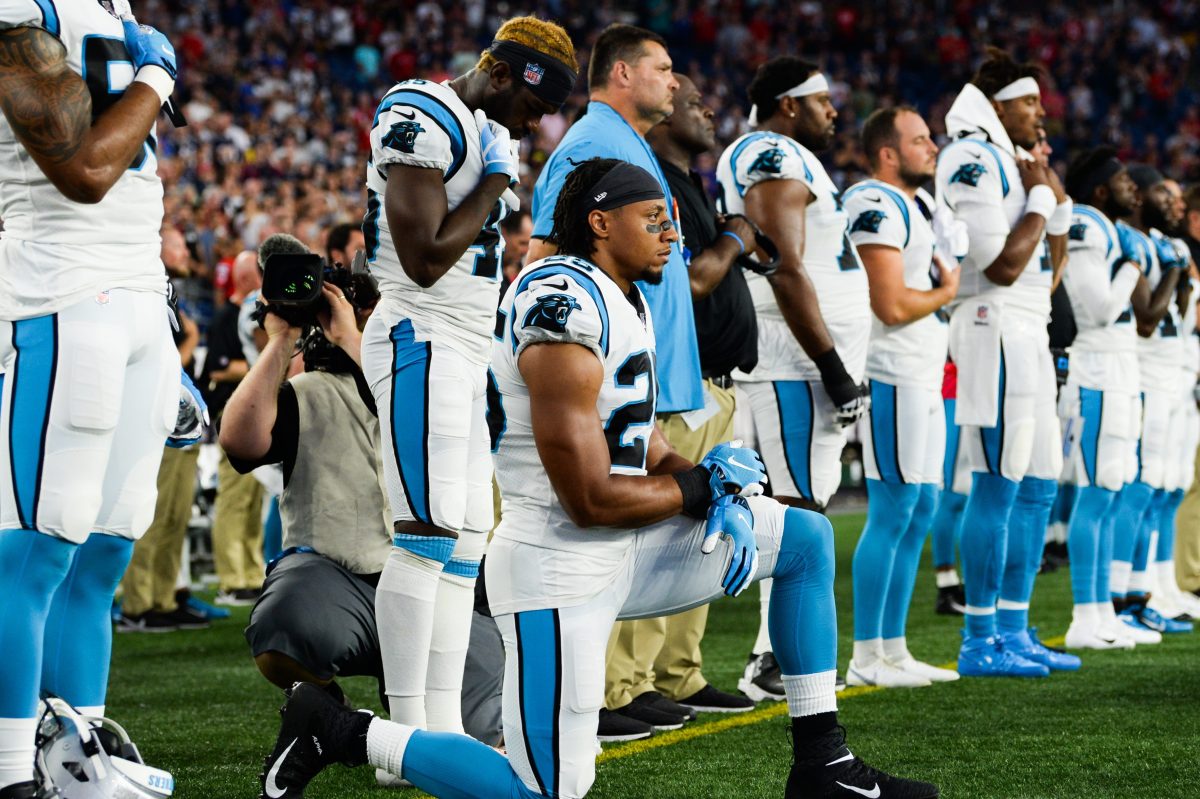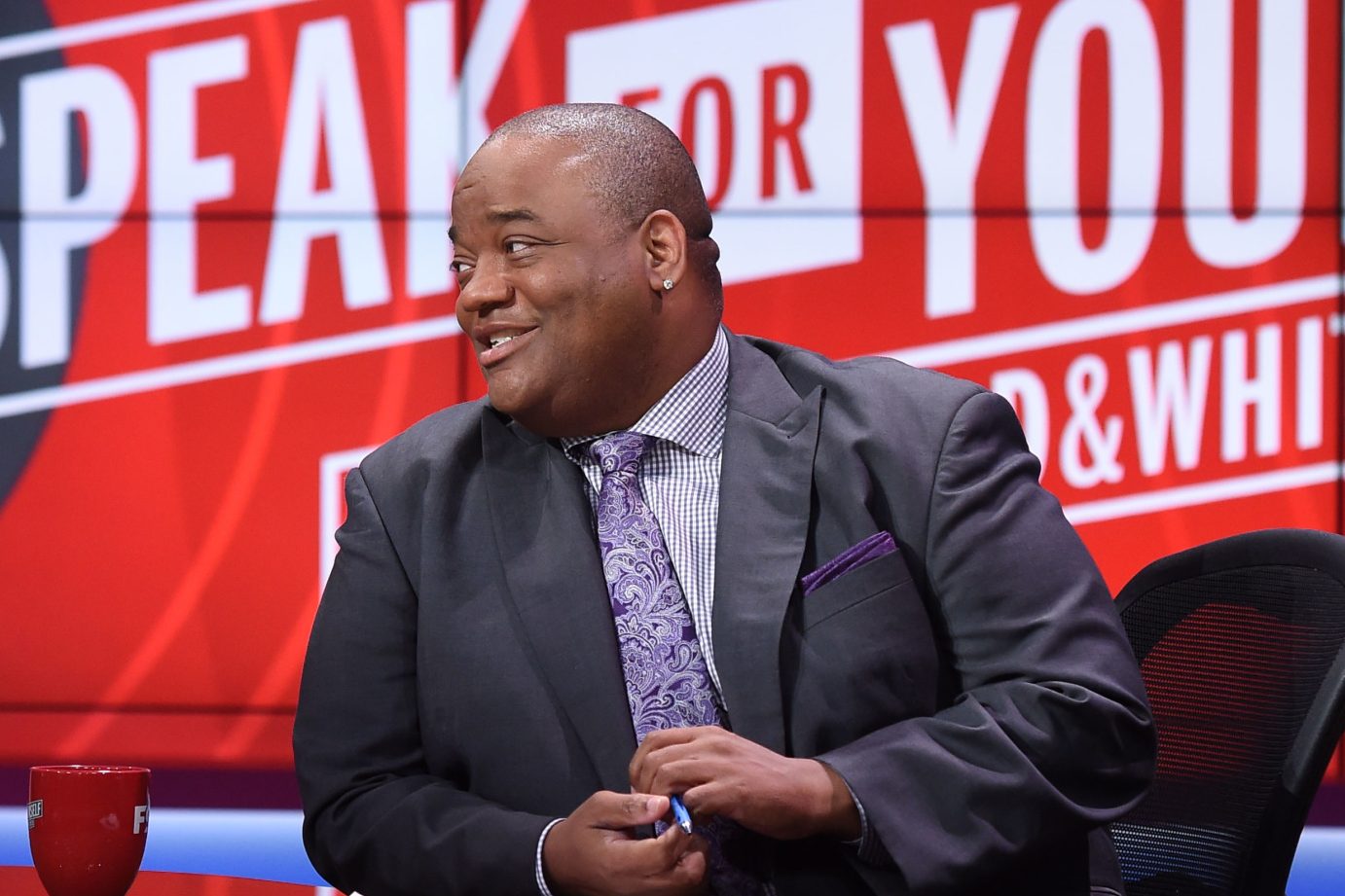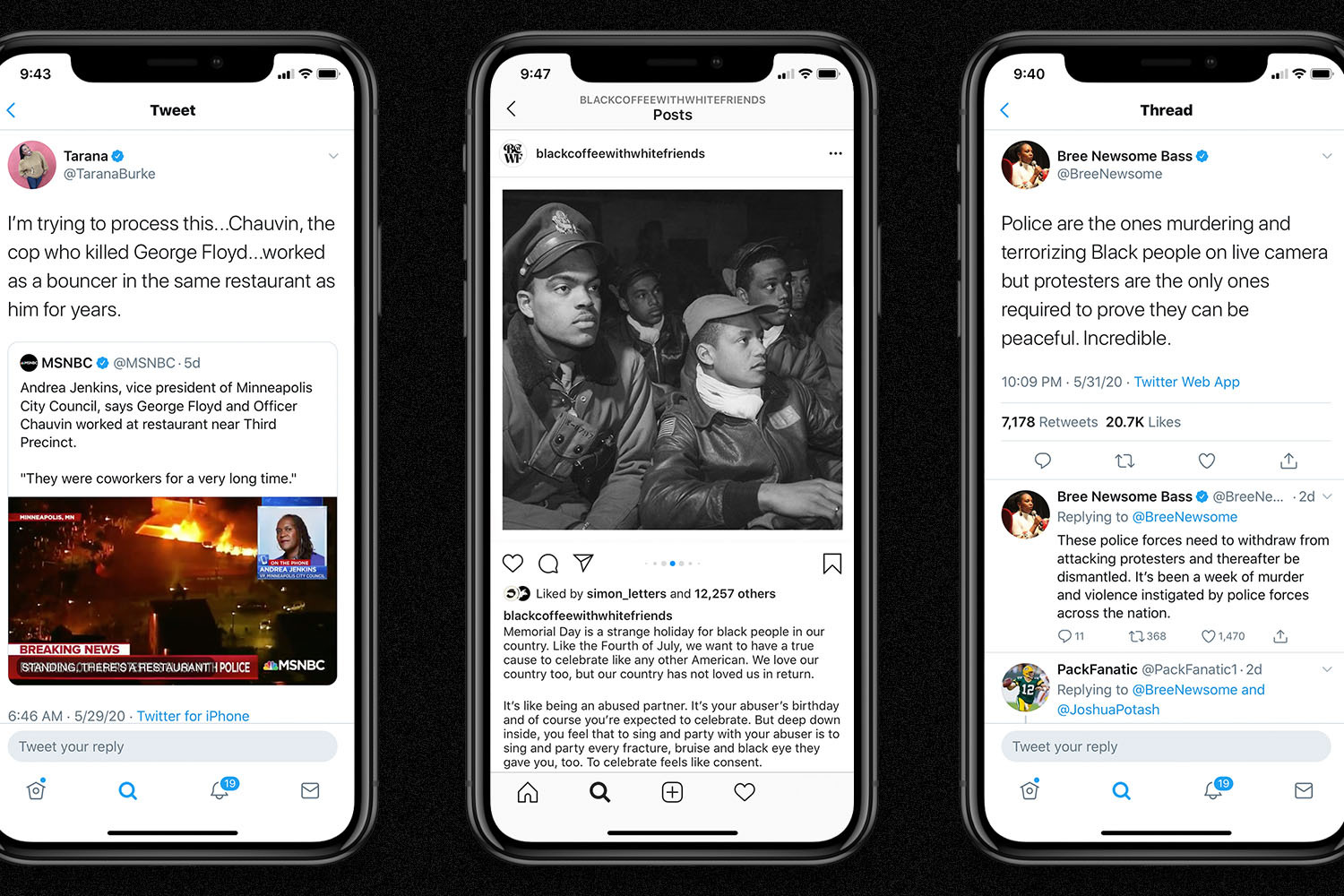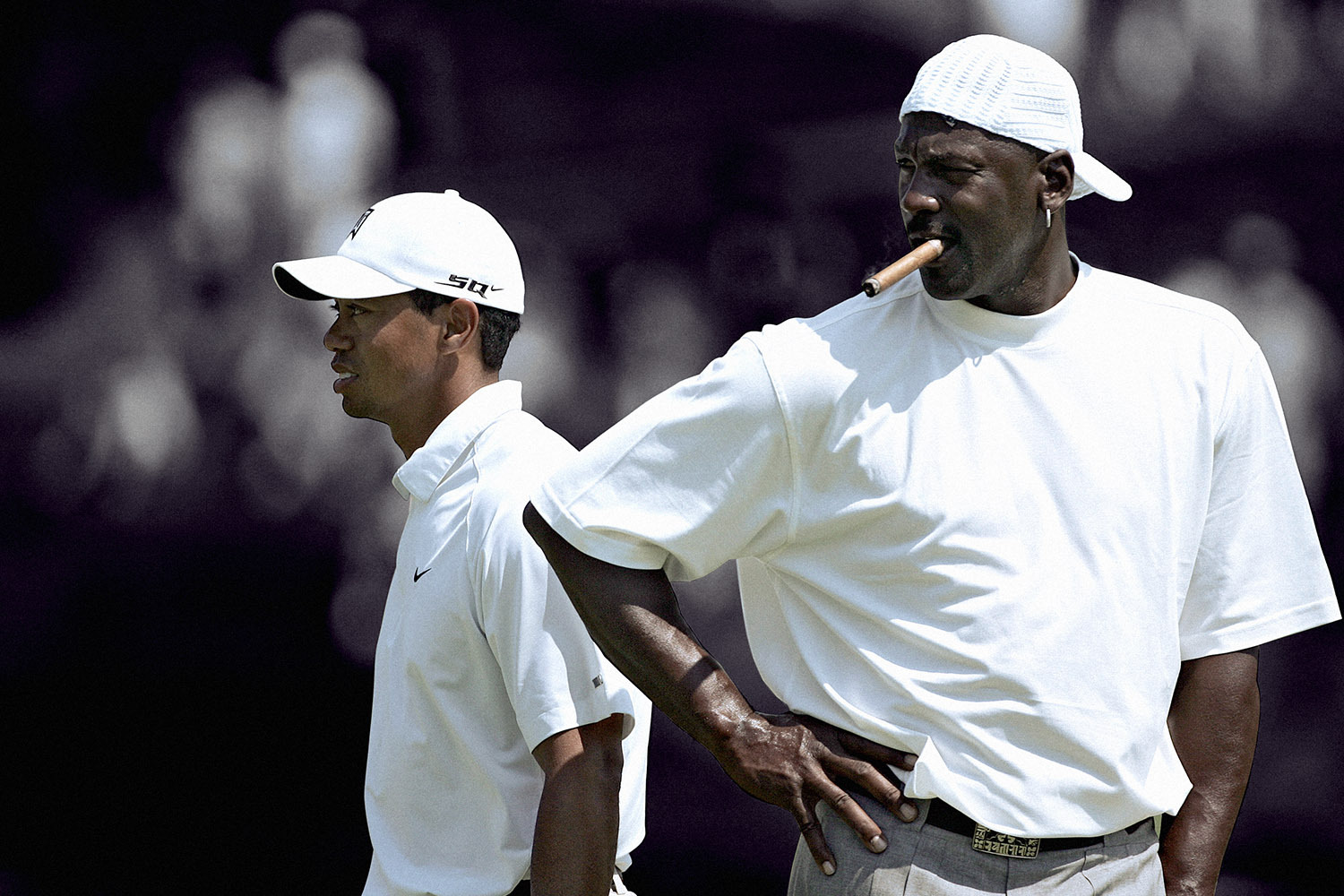As Black Lives Matter protests continued across the country on Friday night, National Football League commissioner Roger Goodell responded to a call for action from players in his league and said the NFL now encourages players to “speak out and peacefully protest.”
Though Goodell did not reference kneeling in his statement or mention Colin Kaepernick by name, his comments at least seem to tacitly acknowledge that the league will now allow players to kneel during the playing of the national anthem, a controversial practice that was led by the former San Francisco 49ers quarterback during his final season in the NFL in 2016 to call attention to a wave of police shootings, headlined that year by the slaying of Philando Castile.
That’s a huge reversal of course for a league that instituted a policy in 2018 requiring players to stand during the anthem, which allowed teams to impose discipline and fines for acts deemed disrespectful during the playing of the song, seemingly as a direct response to President Trump repeatedly attacking the NFL for allowing the flag to be disregarded.
But the NFL instituted that policy before Nike rose in value by more than $20 billion after making Kaepernick the face of a 2018 ad campaign, before African-American quarterbacks Patrick Mahomes and Lamar Jackson won the MVP award in consecutive years and, most importantly, before former Minneapolis police officer Derek Chauvin murdered George Floyd on camera.
Following the Floyd murder and the re-emergence of the Black Lives Matter onto the national stage, the NFL is one of many massive corporations to align itself with the movement. Similar to what companies such as Twitter, Citigroup, Netflix, McDonald’s, Anheuser-Busch, Target, General Motors and many others have done, the NFL has opted not to stay silent about racial injustice at the risk of offending some of its customers and alienating advertisers. That’s a risk the league was unwilling to take in 2017, when the anthem protests were at the forefront of the news cycle after President Trump called on the league’s owners to release anyone who knelt during the anthem.
As the story and controversy grew, some marketers warned NFL broadcast partner NBC that they’d start pulling ads if the network continued to cover the national-anthem protests. “Marketers have said, ‘We will not be part of the NFL if you continue covering it,’” Linda Yaccarino, the then-chairman of advertising sales at NBCUniversal, said in a 2017 keynote interview. “The story has morphed dramatically.”
Now, nearly three years later, the story — and the NFL’s stance on kneeling — has shifted again.
And give credit where it is due. Goodell publicly acknowledging the systematic oppression of Black people and giving players the green light to protest took guts, especially when you consider he reportedly did it without first consulting with the majority of the league’s 32 owners. Though the stage was already at least partially set for a decision like this — several players, including Eric Reid and Kenny Stills, regularly knelt last season without punishment — Goodell is taking an important stand by allowing players to kneel.
Unsurprisingly, the move has drawn the President’s ire, whose voice of dissent will only get louder once the season kicks off and players return to the field.
But it’s also a move Goodell and the league finally feel comfortable making. America’s attitude to racial injustice has clearly evolved in the four years since Kaepernick started his protests: according to a Reuters/Axios poll, 73% of Americans support the protests currently taking place across the country, and the list of companies (many of them league advertisers) that have spoken out on behalf of Black Lives Matter suggests that it has almost become a corporate mandate to show solidarity with the movement.
Another factor that may have played into Goodell and the league doing an about-face on its protesting policy is the NFL’s official relationship with the military. The NFL used to be paid by the Defense Department to honor the military at games, but that practice was halted following a scathing report from Arizona Senators John McCain and Jeff Flake in 2016. After the so-called “paid patriotism” practice was revealed, the league returned more than $700,000 it was paid to hold military tributes and higher-ups at the Pentagon issued guidance banning sports marketing contracts, according to Talking Points Memo.
While the NFL is still linked with the military both figuratively (“trenches,” “blitzes” and “bombs”) and literally (it still sells camouflage Salute to Service merchandise and donates the proceeds to nonprofits), it does not have to worry about losing payment from the Pentagon for being perceived as unpatriotic. Perhaps it wouldn’t have anyway, as $700,000 is a mere pittance compared to the billions Nike — the League’s official uniform supplier — has made since making Kaepernick one of their brand’s faces and finding out protests, for now at least, equate to profits.
Supporting BLM is in lockstep with what most major organizations in the U.S. are doing, and it is good PR for a league that, despite massive popularity, could always use it. And while it may cause the league’s relationship with the President and some fans to sour, endorsing peaceful protest no longer puts the league’s owners at risk of being struck in the area they are most concerned about: their wallets.
The Charge will help you move better, think clearer and stay in the game longer. Subscribe to our wellness newsletter today.
























